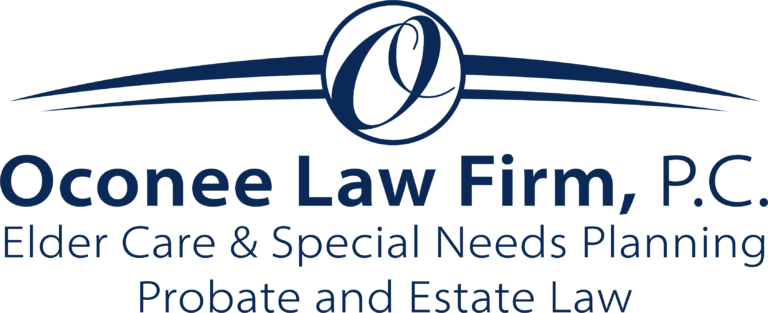You might think that the coronavirus pandemic has caused everyone to get their estate planning documents in order, but the 20th annual Transamerica Retirement Survey of Retirees found that 30% of all retirees have nothing prepared—not even a will. That’s not good, for them or their families, says this timely article “6 Legal Documents Retirees Need—but Don’t Have” from MoneyTalksNews.
The survey revealed some troubling facts:
Only 32% have a Health Care Power Of Attorney or Medical Proxy, which allows named persons to make medical decisions on the retiree’s behalf.
Only 30% have an Advance Directive or Living Will, sharing their end-of-life wishes for medical care.
A mere 28% have a designated Power of Attorney, so an agent can act on their behalf to pay bills and manage finances, if they are too sick to do so.
Worse, only 19% have written funeral and burial arrangements. Their families will be left to make all the decisions.
18% have a Health Insurance Portability and Accountability Act (HIPAA) waiver, which is needed so someone else may speak with health care and insurance providers on their behalf.
11% have a Trust of any kind.
The study shines a bright light on a big problem that will be faced by families, if their elders have not taken steps to prepare for incapacity or death. Ignoring the problem does not make it go away. It becomes more complicated, expensive and stressful for the loved ones left behind.
These documents and a last will and testament are needed, so families have the legal right to take care of their loved ones while they are living, as well as handle their estates after they pass.
Without them, the family may find themselves having to go to court to have a guardian appointed in the event their senior loved ones are too ill to manage their financial affairs.
If the loved one should die and there is no will in place, the court will rely on the state’s estate laws to determine who inherits assets. An estranged family member could end up owning the family home and all of its contents, regardless of their absence from the family.
An experienced estate planning attorney can work with the family in a safe, socially distanced manner to have the necessary documents created, before they are needed.
Reference: MoneyTalksNews (Dec. 16, 2020) “6 Legal Documents Retirees Need—but Don’t Have”
Suggested Key Terms: Trust, Health Insurance Portability and Accountability Act, HIPAA, Power of Attorney, Advance Directive, POA, Living Will, Health Care Power of Attorney, Funeral and Burial Arrangements, Estate Planning Attorney

